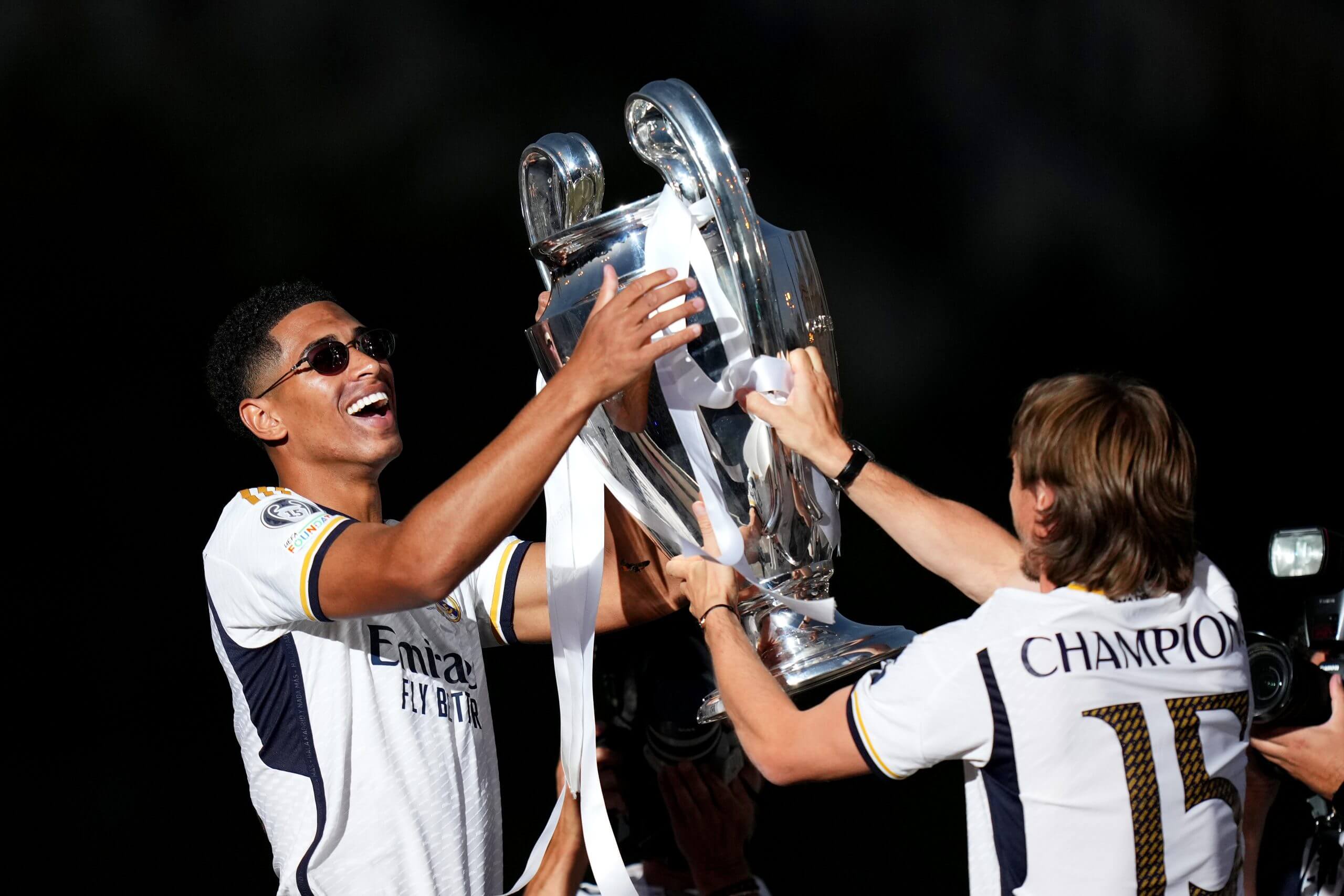It feels a little bit too early in Thomas Tuchel’s England tenure to start yearning for Gareth Southgate.
Two completely forgettable and ultimately quite meaningless June internationals should not have anyone harking back to the golden days of yore under Southgate when, well, exactly the same thing happened.
It was only 12 months ago that Southgate’s England were being booed off having lost 1-0 at home against Iceland, a far inferior team to Senegal. Go back to 2022 and they were humiliatingly spanked 4-0 by Hungary. More boos, but not long after, England reached the back end of a major tournament, when performances and results really did matter.
Southgate was the most successful England manager since Sir Alf Ramsey and only fell short in delivering the holy grail of a major tournament victory. Tuchel has been brought in to rectify that, hopefully with things like tactical flexibility, proactive substitutions and high-tempo football, and will be judged on what he does next summer, not this.
However, one clear disparity between the pair is in the culture generated around the England team.
Internally, Southgate carefully fostered a club mentality at international level, which externally made the team more relatable and likeable again. Tuchel’s priorities lie elsewhere – his short-term 18-month deal is focused on succeeding at one tournament in the United States, Canada and Mexico next summer.
Still, it was disappointing to hear Tuchel’s comments about England’s best player, Jude Bellingham, on Wednesday.
Speaking on Talksport radio during a wide-ranging 45-minute interview, Tuchel spoke about Bellingham’s attitude, specifically his ‘edge’.
“He has a certain something,” he started off, “We bring an edge, which we welcome and is needed if we want to win big things.
“The edge needs to be channelled towards the opponent, towards our goal, not to intimidate team-mates or be over-aggressive towards team-mates or referees.”
Tuchel said he didn’t want to dim Bellingham’s fire, then added: “But the fire comes with attributes that can intimidate you, maybe even as a team-mate.”
It was then put to Tuchel by host Adrian Durham that he has friends who think England would be better off without Bellingham in the team, referring to that domineering personality.

Bellingham is an influential figure for England and Real Madrid (Ryan Pierse/Getty Images)
Tuchel responded: “I see that it (his edge) can create mixed emotions. I see this with my parents, with my mum, that she sometimes cannot see the nice and well-educated and well-behaved guy that I see, and the smile.
“If he smiles, he wins everyone, but sometimes you see the rage, the hunger, the fire, and it comes out in a way that can be a bit repulsive for, for example, my mother, when she sits in front of the TV. But in general, we’re very happy to have him, he’s a special boy.”
This was said in Tuchel’s second language, for which we should make allowances, but the general gist was consistent: Tuchel was acknowledging that Bellingham’s forthright attitude can be polarising. The word ‘repulsive’, again second language withstanding, is extremely jarring.
Attributing it to his mother is irrelevant; by bringing it up and not denouncing the opinion, Tuchel legitimises it. It made headline news on all the major sports websites on Wednesday. It will stick.
It reflects an uneasy vibe towards Bellingham that feels far too familiar, far too English. Are we really doing this already? David Beckham, Wayne Rooney, build them up as the national team’s saviour, drag them down off that perch when the team doesn’t live up to expectations. It’s a well-written story.
Bellingham, with, yes, that fire within him, that bombastic main character energy, is England’s best player, one of Real Madrid’s best players, a £113million ($154m) talent, the world’s third-best player in the Ballon d’Or rankings, a bona fide superstar at age 21. England could do with a few more of him, fire or no fire.
But Tuchel has risked alienating his talisman, who surely won’t have appreciated the comments. It’s a Tuchel trait that has cropped up in his career, this abrasive management style that sees him fall out with players. It could be a one-off, it could be just the start. Either way, it feels very unnecessary.
Bellingham is clearly a winner. If his team-mates are intimidated by the way he goes about that, it feels more like their issue rather than one for Bellingham, who has got to a higher level in the sport a few weeks before his 22nd birthday than every single one of them had by that age.

Bellingham celebrates winning the Champions League in 2024 (Angel Martinez/Getty Images)
We should be lauding Bellingham as an example to all English players; the things he has achieved in his short career, from Stourbridge to Madrid via Birmingham and Dortmund, are, certainly in terms of his age, pretty much unprecedented in the history of English footballers.
Yet instead of him being held up as an example, it’s his team-mate Jordan Henderson who is hailed as the key figure in the dressing room.
During the same Talksport interview, Tuchel spoke of how Henderson keeps standards high in the group, saying, “He’s the man I don’t want to miss,” and adding: “He pushes the group, he brings players together, we see different, better versions of players when Jordan is in camp than when he is not in camp.”
It’s a curious move from Tuchel, deliberate or otherwise, to even risk upsetting Bellingham given his importance to England. It doesn’t come across as smart leadership for a manager to talk down their key performer in public.
In that regard, Southgate certainly is missed. It’s unimaginable that he, with his empathy and psychological sympathies, would say anything remotely like Tuchel did.
We want Bellingham to be England’s winner, their talisman, their drive, their passion and their intensity. Just not in the way that he’s doing it, right?
Well, how about just harnessing and legitimising who he is and what makes him the player and man that he is, rather than trying to change him.
(Top photo: Paul Ellis/AFP via Getty Images)
